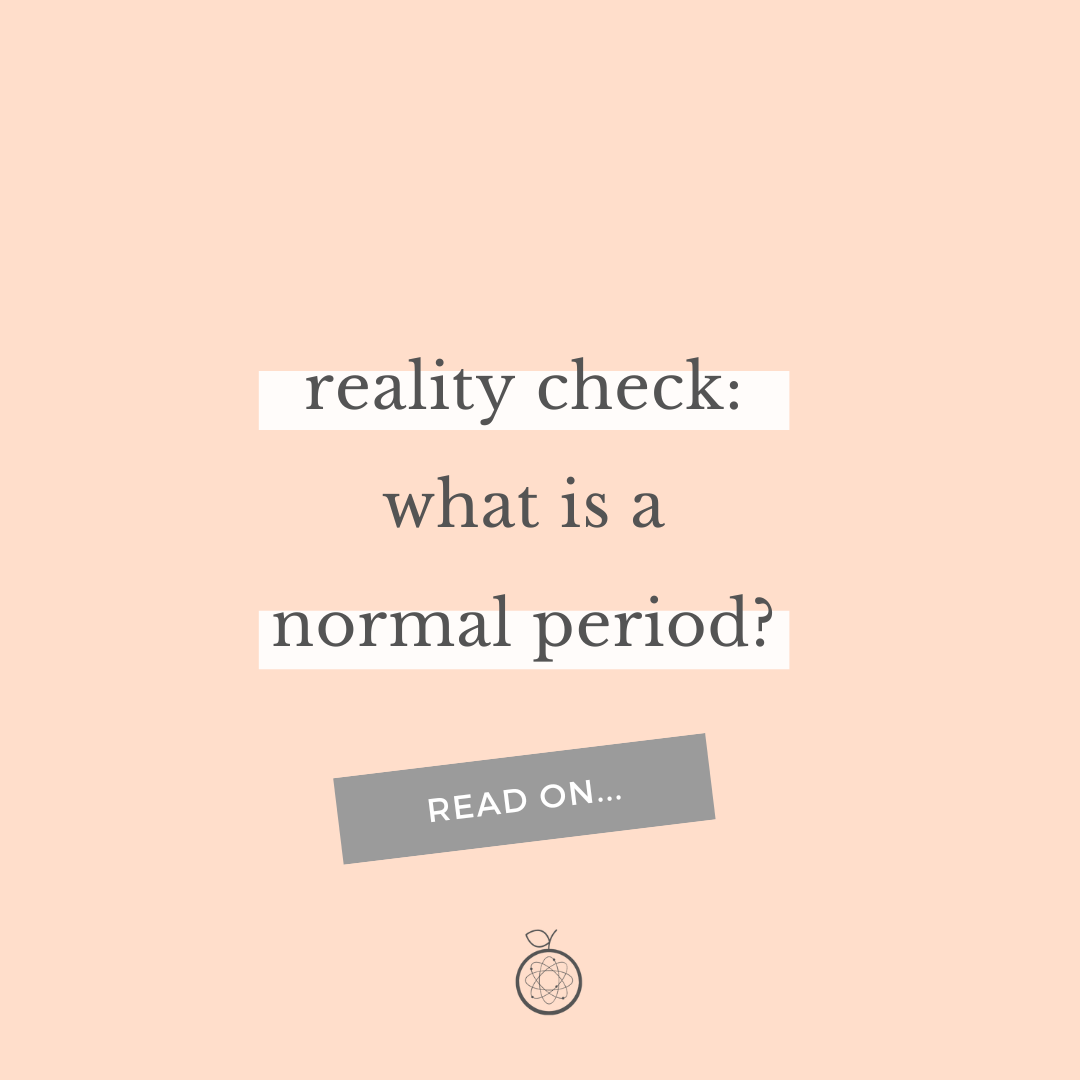I’ve been considering this post for quite some time now, I’m often asked to write about how to become more mindful in everyday life, so this one is for you.
For those that don’t know, I’ve been a Personal Trainer since 2009. The amount of clients that I trained day in and day out that have displayed a self-punishing behaviour due to their perception of “bad eating habits” has always blown my mind. And these same traits are coming through now that I am consulting with clients in the city clinic.
For just a moment, I want you to pause reading and think about how many times you’ve criticised yourself in the past 12hrs alone? How about when you got dressed this morning? How was your reflection? Be honest about what your internal dialogue was, did you think “Ugh look at those thighs”, “You’ll be so much hotter with the last 5kgs gone” or “You should’ve just gone to the gym yesterday, you’ll never lose this weight”?
Whenever I would hear a client/bootcamper saying this out loud or admitting that they were too fat, ugly or useless to do whatever I asked of them I would stop them instantly and ask them to imagine a small 5-year-old girl standing in front of them. Once they were in the zone I would ask them to tell her that she was an ugly worthless person that was too fat to be here so she should just stop right now and go back home to her back of chips. When they gasp at the thought of saying just that to their imaginary child, I then ask why it’s okay for them to think it is acceptable to say those same terribly demoralising things to themselves when they wouldn’t dare to speak to another human that same way?
It is this disrespectful and demeaning attitude that makes weight loss, landing that dream job, finding a life-long partner, or any journey of health & happiness an agonising journey, difficult to say the least. These immensely powerful words become internalised emotions from negative past life experiences, when at some point they become correct in the mental thought process, and they are perceived as the truth. It’s typical self-sabotage.
Physiologically, this kind of negative self-talk causes us to stress. It may not be a conscious stress however; you may not even notice this occurring. Stress increases your cortisol levels. And we all know that too much cortisol is never a good thing. Elevated levels of cortisol convert to an increase of fat around the mid-section. The amount of studies coming out linking negative self-talk to mental health concerns such as depression, anxiety and disordered eating habits are astonishing.
Studies such as Reyes et. al 2012 suggest that once a goal is achieved (ie. weight loss) it is maintained better by those who can emotionally and mentally self-monitor and addressing their negative mindset. Successful maintenance has much more to do with ‘how’ the weight loss participants thought, just as much as ‘what’ they did.
For the next few days I would love for you to be mindful about your internal dialogue. Mindfulness is a practice I think we can all be a little more aware of, I recommend it to most of the clients who walk into my clinic, whether their concerns be specific health concerns like an autoimmune condition, or weight loss or something so simple as wanting a customised meal plan to achieve their goals.
Being mindful affects each of us in profound ways. It will assist the autoimmune patient by becoming aware of what she was eating meal by meal and how her body would respond to these foods, where they making her bloat or feel uncomfortable, what is her body saying to her? By paying attention to these voices/opinions in your head, listen to what it has to say, then turn it into a positive. For every negative there is a positive. “I look so fat, why do you eat so much food? If only I ate less, I wouldn’t look this way”. Allow yourself to hear it, then throw yourself a positive curveball “I am healthy, I am strong, I’m an amazing Mother & wife”, whatever positive truth you can think of. If your friend, sister, daughter, colleague, etc. were to say the same terrible thing about themselves, you would always comfort them with positive encouragement or a helpful solution. Time to start treating yourself this very same way! It will become second nature eventually, be persistent and the change will occur.
Don’t let it undermine your self-confidence. For some reason, we’ve forgotten how to be our own best friend. Many search high and low for someone to do this for them, often digging themselves a further hole when it fails. There is nobody else who can do this for you. You have to be your own best friend, your very own cheer squad.
Once the negative self-talk slows down and eventually stops, it’s easier to move forward and have a happier, positive outlook on life. Control will be regained. And cortisol levels will reduce, and your goals will become easier to maintain, your jeans will become looser, you’ll have more confidence in yourself to land that dream job or find that partner.
References:
* Anderson, A 2013, ‘Learning Strategies in Physical Education: Self-Talk, Imagery, and Goal-Setting’, Journal of Physical Education, vol.68, no1.
* Morin, Alain 1993, ‘Self-talk and Self-awareness on the Nature of the Relation’, The Institute of Mind and Behaviour.
* Reyes, N, Oliver, T, Klotz, A, LaGrotte, C, Vanvder Vuer, S, Virus, A, Foster, G 2012, ‘Similarities and Differences between Weight Loss Maintainers and Regainers: A Qualitative Analysis’, Academy of Nutrition and Dietetics.

Positive Self-Talk & Mindfulness

Hi, I'm Megyn
Imagine a reproductive medicine specialist and a nutritional biochemist rolled into one—yep, that’s me!
What makes my approach unique?
I merge cutting-edge medical insights with holistic nutrition and an innovative ‘food as medicine’ strategy.
Your goal? Realistic, long-term solutions that go beyond temporary fixes. We’ll dive deep to understand your unique hormonal and reproductive needs, then tailor a bespoke plan that nourishes
you in every way.
Trust me, we’re not just aiming for short-term wins here; we’re building a toolkit for lifelong success. Ready to change your health narrative?






0 Comments